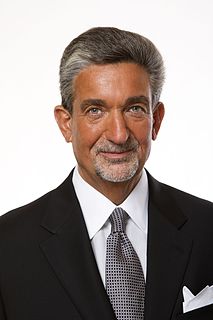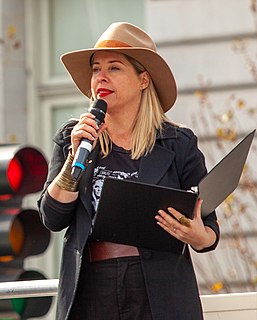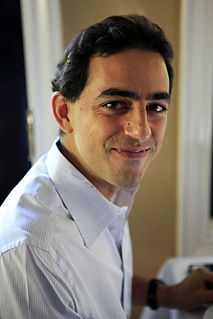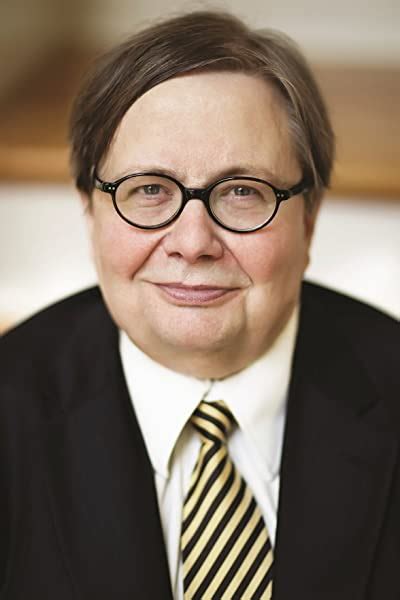A Quote by Mark Fisher
Downloading and Web 2.0 have famously led to new ways of accessing culture. But these have tended to be parasitic on old media. The law of Web 2.0 is that everything comes back, whether it be adverts, public information films or long-forgotten TV serials: history happens first as tragedy, then as YouTube.
Related Quotes
People tend to think of the web as a way to get information or perhaps as a place to carry out ecommerce. But really, the web is about accessing applications. Think of each website as an application, and every single click, every single interaction with that site, is an opportunity to be on the very latest version of that application.
The 10th Annual Webby Awards represent an extraordinary opportunity to celebrate the evolution of the web from an esoteric medium to the driving force shaping popular culture, business, and society today, .. As the web enters its second decade as an integral part of everyday life, our expanded categories recognize those who are pushing the web in exciting new directions.
When you close a tab or when you finish an article on the web, it's gone unless you go back into your history or search for it or explicitly try to find it. Apps on your phone have this special property: they hang around. In some ways, they're more like a book on a bookshelf than they are like web pages.




































